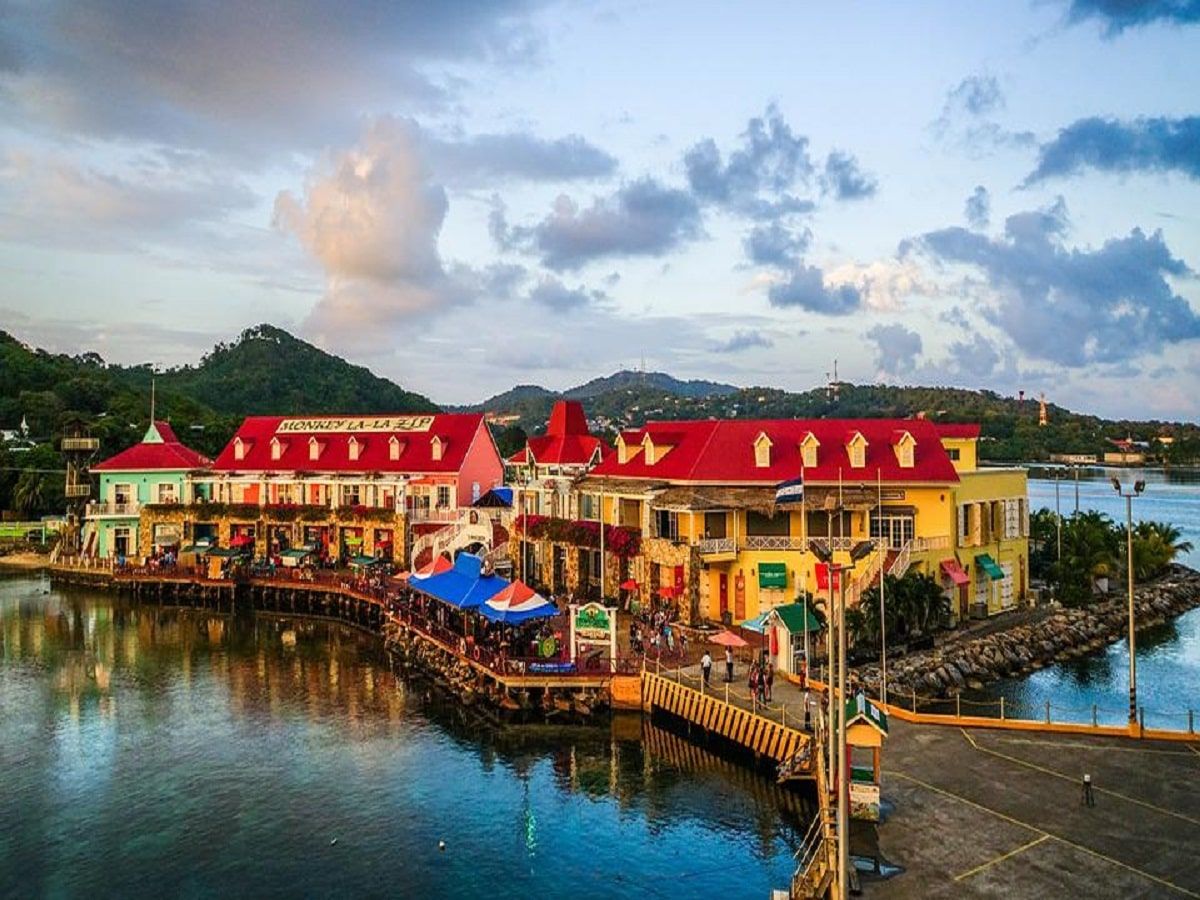
Could Honduras Become The Next Central American Country To Enact Cannabis Reform?
By Marguerite Arnold
The Central American country with the highest levels of violence in the world may be on track to legalize medical cannabis
If Carlos Umaña, the deputy for the Salvador Party of Honduras, not to mention the vice president of the country Slavador Nasralla has anything to do with it, Honduras may well be on track to be one of the next Central American countries to legalize medical cannabis.
Both have recently come out in favour of legalizing the cultivation of the same to create thousands of jobs for Hondurans.
Currently, it is illegal to use and cultivate cannabis in the country.
“Proposing its usefulness under this perspective and exporting it is not a crazy proposal, it is rather to give it an appropriate debate looking for benefits that are now acceptable worldwide,” Umaña said.
Of course, there are other reasons for legalizing cannabis production here. According to the United Nations Office on Drugs and Crime, the country had a murder rate of 92 per 100,000 people directly connected to the illicit drug trade as of 2012. Drug trafficking gangs routinely use the country as a transit point for drugs on route to the United States. In doing so, they create a huge amount of violence in disputes with rival gangs over territory, extortion, and money laundering.
As a result, all illicit use and cultivation of drugs, including cannabis is harshly punished. The current ruling decree, passed in 1989, punishes all drug use and cultivation, although first offenders are automatically sent to rehab if they were only cultivating for personal use and are addicted to the drugs found in their possession.
Regardless, Honduran jails have reached a breaking point, including those held under preventive detention – meaning they had not yet been sentenced.
A New Industry for The Land of The Maya?
Honduras is bordered by Guatemala, El Salvador, and Guatemala. Before the arrival of the Spanish in the 16th century, it was home to several important Mesoamerican cultures, including the Maya. The Mayans used cannabis widely, including in raised structures that were until recently miscategorized by archaeologists as religious pyramids. They consumed cannabis either by smoking it or grinding the flower into powder to make a powerful drink that they used instead of alcohol.
The country is characterized by thin, calcium-infused soil and semi-deciduous rainforest – a perfect climate in other words for growing cannabis.
